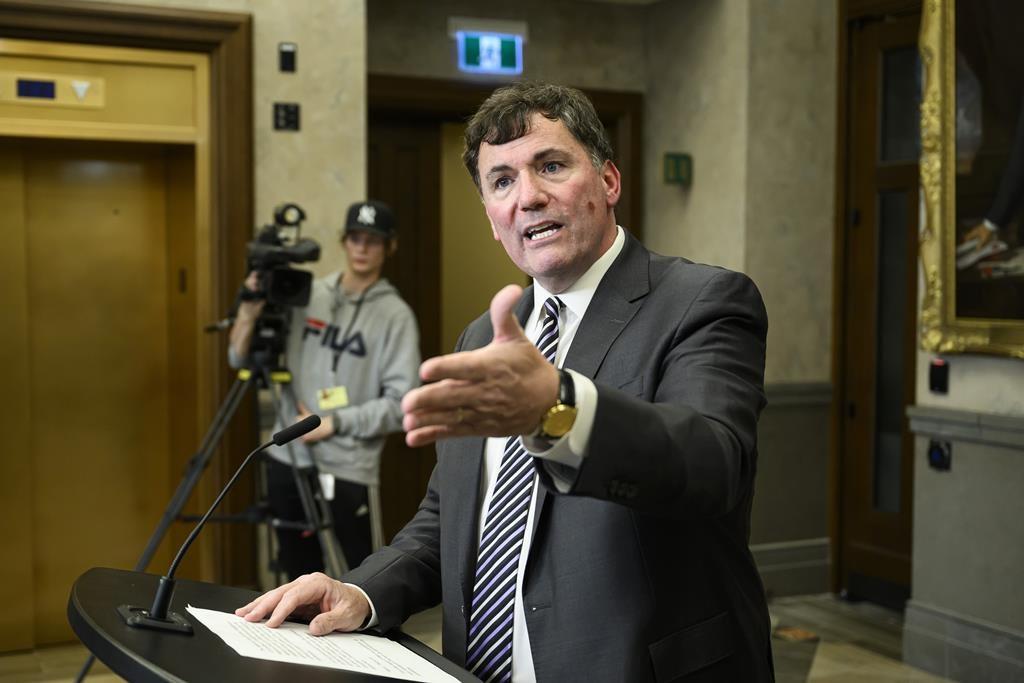The Liberal government says short timetables given to the newly-appointed commissioner heading the public inquiry into foreign interference are necessary to promptly reassure Canadians.
“We understand the importance of moving quickly,” Public Safety Minister Dominic Leblanc told reporters in Ottawa on Sept. 7 during an announcement on the identity of the commissioner.





